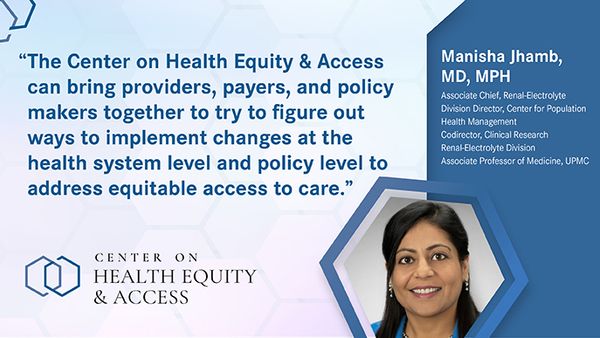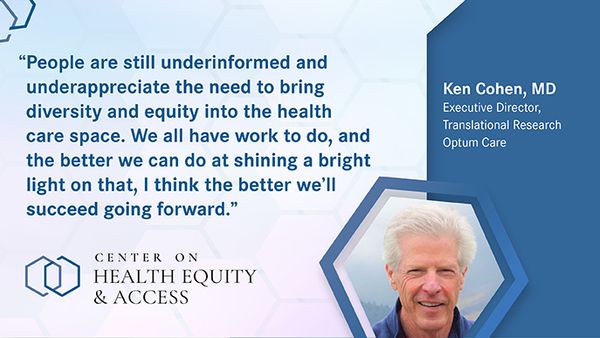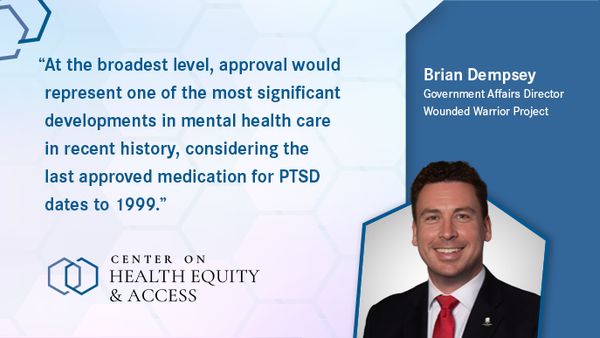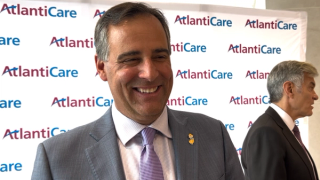
Center on Health Equity & Access
Latest News

Latest Videos

More News

Physicians were more likely to include terms that undermine the competence and sincerity of Black patients' claims when compared with White patients in a recent study.
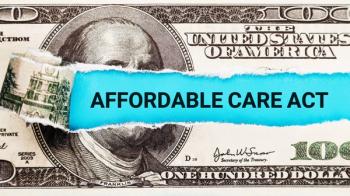
Proposed Affordable Care Act (ACA) premium hikes threaten health care access, with potential increases of over 75% for enrollees.

Women who experienced stalking or intimate partner violence were 40% more likely to self-diagnose an adverse cardiovascular event compared with women who did not.

Explore the disparities in multiple myeloma treatment and how new initiatives aim to improve clinical trial participation among underrepresented patients during a conversation with Joseph Mikhael, MD, MEd, FRCPC, FACP, FASCO, chief medical officer of the International Myeloma Foundation.

International Myeloma Foundation Chief Medical Office Joseph Mikhael, MD, shares how the M-Power initiative is addressing disparities through community engagement, education, and improved clinical trial access.
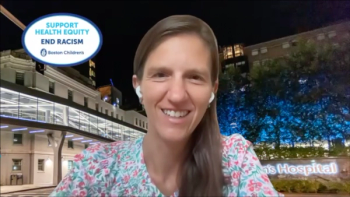
In this clip, Elise S. Tremblay, MD, MPH, explores factors behind fluctuations in insulin out-of-pocket costs and highlights the serious health consequences of persistently lower insulin use.

Sedentary behaviors are associated with increased CVD risk and, when combined with social drivers of health, increase the risk of adverse CVD events like coronary heart disease, stroke, and heart failure.

Accessing pediatric dermatology care is challenging due to a shortage of specialists and general dermatologists' reluctance to treat children, but increasing their comfort level with seeing children could help bridge the gap, explained Elizabeth Garcia Creighton, of University of Colorado School of Medicine.

Social drivers of health are determined primarily by an individual’s economic stability, access to quality education, and health care. These factors also play a key role in the proportion of moderate-to-vigorous-intensity physical activity (MVPA) in an individual’s lifetime, which can also impact their cardiovascular disease (CVD) risk.

Alina Salganicoff, PhD, discusses the immediate effects of the budget cuts to Medicaid as it pertains to women's health across the country.

Elise S. Tremblay, MD, MPH, discusses her study on trends in insulin out-of-pocket costs and use disparities from 2008 to 2021, highlighting how health plan structure and income level influenced access and adherence.

A new American Heart Association initiative is working to increase screening for lipoprotein(a) (Lp[a]) at community health centers nationwide to help address undetected cardiovascular risk.

Higher social vulnerability in patients with ovarian cancer leads to longer treatment delays but earlier palliative care consultations, highlighting critical health disparities.

Explore how integrated social services enhance health equity, as demonstrated by The Camden Coalition's innovative approaches to patient care and support.

The Pennsylvania Act 1 of 2023 eligibility criteria for supplemental screenings based on breast density and lifetime risk of breast cancer disproportionately disqualify Black women from supplemental screenings despite their high risk of aggressive cancer and persistent history of false-negative mammograms.

Patients with HIV had lower adherence to pre-exposure prophylaxis (PrEP) if they lived in areas with the lowest disadvantage.

Residents in historically redlined grade D areas were 1.67 times more likely to have no rapid access to EMS than in grade A areas, increasing their hazard risk of injury-related morbidity and mortality.

An inverse association between Alzheimer disease special care units in nursing homes and the percentage of Black residents within a facility was seen in a new study, but states with higher Medicaid payment-to-cost ratios did not show the same association.

Adults with type 2 diabetes, especially those in vulnerable groups, face higher risks of medical debt, low credit scores, and bankruptcy.

There are key steps to take that can ensure equitable access to pegcetacoplan, explained Carla Nester, MD, MSA, FASN, who also highlighted remaining questions on long-term outcomes, safety, and pediatric use.

Experts highlight advances in therapies, research on skin of color, and the impact of social determinants of health at the Society for Pediatric Dermatology's milestone annual meeting.

Data from the 2021 National Health Interview Survey showed racial/ethnic differences in colorectal cancer screening were due to demographic and socioeconomic factors, except for low colonoscopy use in Asian individuals.

Investigators discuss how their findings on ovarian cancer mortality trends can guide earlier detection and prevention efforts, while also emphasizing the need for further research.

Alexandra M. Trevino, MD, of Northwestern Medicine presented the oral abstract, "Trends in New-Onset Hypertensive Disorders of Pregnancy Among US Adults by Place of Birth and Hispanic Ethnic Origin Group," on day 1 of the ASPC Congress on CVD Prevention.





